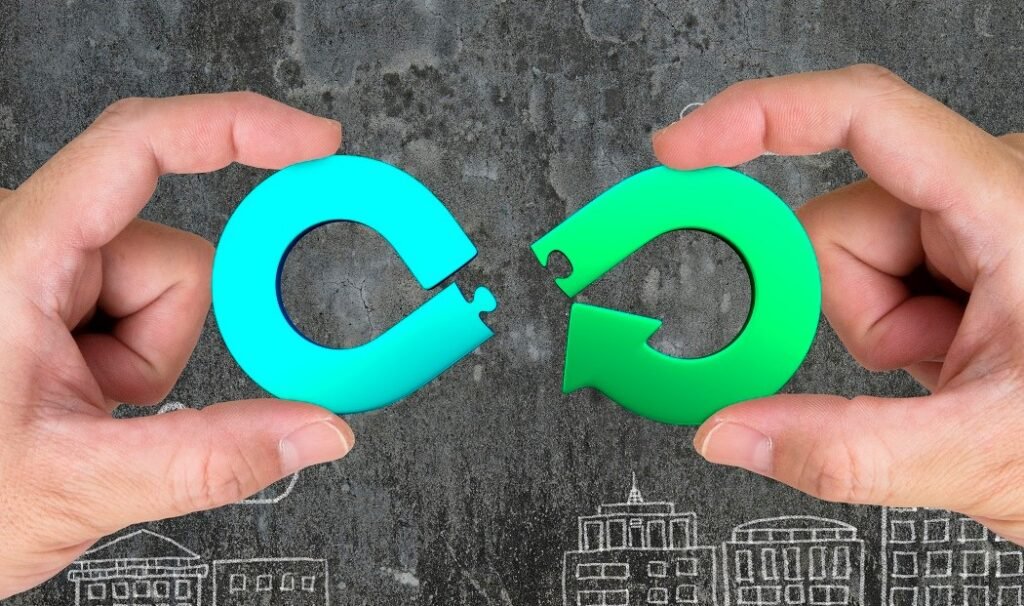On March 31, 2025, Japan published the “Action Plan for the Development of a Recycled Plastics Market for Automobiles,” compiled by the industry-government-academia consortium. This plan aims to increase the supply of recycled plastics used in automobile manufacturing in Japan.
The plan establishes a framework for gradually expanding the supply of high-quality recycled plastics and bioplastics for automotive use, setting the following target supply volumes:
- 2031–2035: At least 15% of the required plastic volume in new vehicles manufactured in Japan
- 2036–2040: At least 20% of the required plastic volume in new vehicles manufactured in Japan
- 2041 onward: At least 20% of the required plastic volume in all vehicles manufactured in Japan
The action plan outlines the current state of recycled plastics for automotive use in Europe and Japan and presents seven key challenges along with proposed solutions for developing this market.
Seven Challenges in Developing a Recycled Plastics Market for Automobiles
- Lack of incentives for plastic recovery at the vehicle dismantling stage
The selling price of recovered plastics is insufficient to offset dismantling costs, making the business unprofitable.
- Low recovery rates from automotive shredder residue (ASR) and difficulty in upgrading plastics for automotive use
Plastic components not dismantled separately end up in ASR, which requires advanced technology to recover plastics. Currently, this process is rarely performed in Japan.
- Insufficient promotion of the value of recycled plastics
There is no established evaluation method for assessing the environmental benefits of using recycled plastics.
- Limited information sharing on quality and quantity between supply and demand sectors
Because material standards are considered competitive knowledge, requirements for quality are only shared during individual business negotiations.
- Limited sorting of waste plastics for recycling
Most recycled plastics used today come from clearly identifiable industrial scrap, while post-consumer plastics collected from the market are rarely utilized.
- Lower and inconsistent quality of recycled plastics compared to virgin materials
- Insufficient infrastructure for physical property certification and compliance with hazardous substance regulations
Resin recyclers are required to certify the quality of recycled plastics, but meeting the property standards demanded by users requires significant investment in testing equipment.
Related Links
- Press release from the Industry-Government-Academia Consortium
https://www.env.go.jp/recycle/car/page_00007.html - Full Action Plan for the Development of a Recycled Plastics Market for Automobiles
https://www.env.go.jp/content/000302433.pdf - Summary Version of the Action Plan
https://www.env.go.jp/content/000302434.pdf
 Japan Releases “Action Plan for the Development of a Recycled Plastics Market for Automobiles”
Japan Releases “Action Plan for the Development of a Recycled Plastics Market for Automobiles” 

























